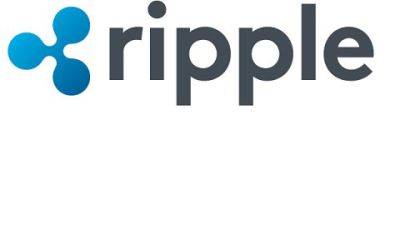India Hosts Nearly 8 Million Verifiable Government Documents on Blockchains
India’s National Informatics Centre (NIC), a government agency operating under the Ministry of Electronics and IT (MeitY), has hosted almost eight million government-issued verifiable documents on five blockchains.
The NIC recently launched a dedicated website to showcase its various blockchain initiatives, revealing that a wide range of documents related to education, property, judiciary, and drug logistics are currently hosted on these blockchains.
To develop these blockchain-based solutions, India primarily relies on three platforms, including Hyperledger Fabric, Hyperledger Sawtooth, and Ethereum.
The five blockchain products currently in use are certificate chain, document chain, drug logistics chain, judiciary chain, and property chain.
These solutions have been implemented by six states and three government departments, including the Central Board of Secondary Education (CBSE), the Ministry of Consumer Affairs, and the Ministry of Justice.
The adoption of blockchain technology by these departments has enabled efficient verification services for property ownership, birth and death certificates, supply chain management of medicines, and educational certificates.
Furthermore, India is actively exploring additional use cases for blockchain, such as land records, blood banks, backtracking goods and services tax (GST), and a Public Distribution System (PDS).
The introduction of blockchain technology in government processes is a strategic move by India to combat the long-standing issue of document forgery.
By leveraging blockchain, the government can issue digitally verifiable and tamper-proof certificates that are resistant to alteration or misuse by malicious actors.
Although India has been cautious in
Read more on cryptonews.com





















